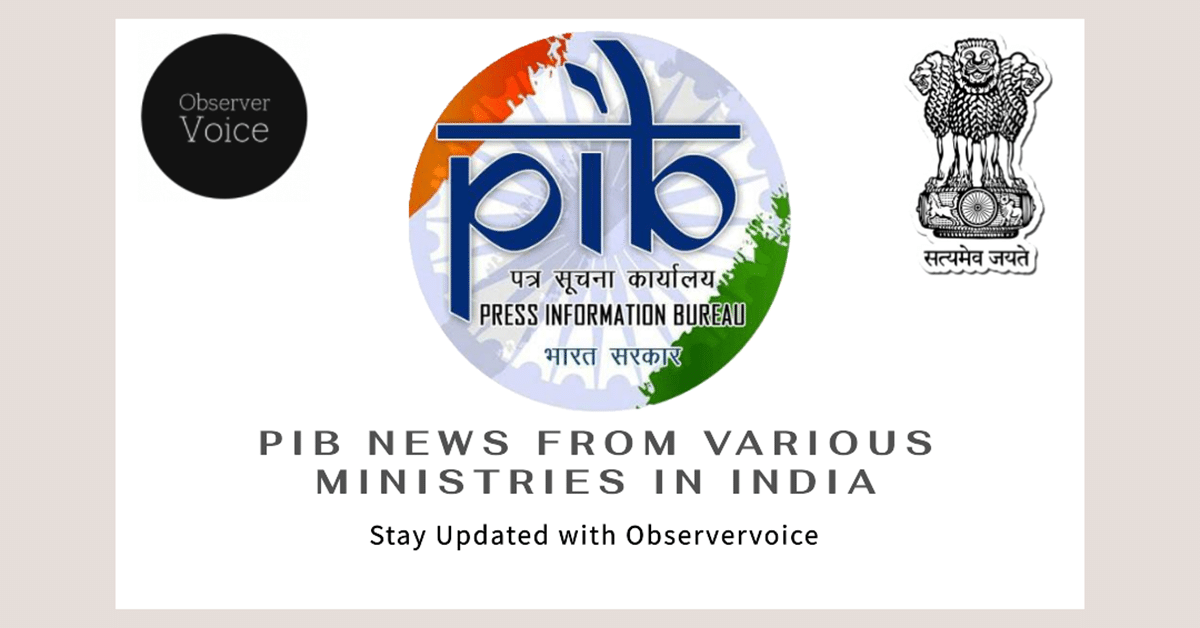Strengthening India’s Fight Against Drug Trafficking

The Indian government is intensifying its efforts to combat drug trafficking and substance abuse. Collaborating with State Governments and Union Territories, the government aims to enhance the capabilities of the Narcotics Control Bureau (NCB) and other enforcement agencies. This initiative focuses on the effective implementation of the Narcotic Drugs and Psychotropic Substances (NDPS) Act. The following sections detail the various strategies and mechanisms being employed to tackle this pressing issue.
Establishment of Coordination Mechanisms
To improve coordination among drug law enforcement agencies, the government has established a four-tier Narco-Coordination Centre (NCORD). This mechanism facilitates better communication between Central and State agencies, as well as other stakeholders involved in drug control. A comprehensive NCORD portal has been developed to streamline information sharing related to drug law enforcement.
Additionally, each State and Union Territory has formed a dedicated Anti Narcotics Task Force (ANTF). This task force is led by a senior police officer and serves as the NCORD Secretariat for its respective region. The ANTF is responsible for ensuring compliance with decisions made during NCORD meetings.
Moreover, a Joint Coordination Committee (JCC) has been set up to monitor significant drug seizures. Chaired by the Director General of the NCB, this committee plays a crucial role in overseeing investigations and ensuring that important cases receive the attention they deserve. These coordination efforts are vital for creating a unified front against drug trafficking in India.
Empowerment of Enforcement Agencies
The government has empowered various border guarding forces, including the Border Security Force, Assam Rifles, and Sashastra Seema Bal, under the NDPS Act. These agencies are now authorized to conduct searches, seizures, and arrests related to illicit drug trafficking at international borders. This empowerment is crucial for enhancing the effectiveness of border control measures.
In addition to border forces, the Railway Protection Force (RPF) has also been granted authority under the NDPS Act to combat drug trafficking along railway routes. This move aims to address the growing concern of drug smuggling through railways, which are often used for transporting illegal substances.
Furthermore, the Indian Coast Guard has been given the authority to intercept narcotic drugs in coastal and high-seas areas. This expansion of powers allows for a more comprehensive approach to tackling drug trafficking, particularly in regions that are difficult to monitor. By empowering these agencies, the government is taking significant steps to strengthen its enforcement capabilities.
International Collaboration and Intelligence Sharing
India recognizes that drug trafficking is a global issue that requires international cooperation. The government has initiated Director General-level talks with neighboring countries, including Myanmar, Iran, and Bangladesh, to address cross-border drug trafficking concerns. These discussions aim to resolve various issues related to drug trafficking that have international implications.
In addition to bilateral talks, India has signed agreements with 27 countries and memorandums of understanding with 16 countries to combat illicit drug trafficking. These agreements facilitate intelligence sharing and coordinated operations against drug networks.
The NCB also collaborates with international organizations such as the United Nations Office on Drugs and Crime (UNODC) and the International Narcotics Control Board (INCB). This collaboration includes participating in programs focused on drug trafficking and sharing intelligence with various countries. By fostering international partnerships, India aims to enhance its capabilities in combating transnational drug trafficking.
Capacity Building and Public Awareness Initiatives
To strengthen the capacity of drug law enforcement agencies, the NCB is actively providing training to officers from various agencies. This training is essential for equipping personnel with the necessary skills and knowledge to effectively combat drug trafficking. Continuous capacity building ensures that enforcement agencies remain updated on the latest trends and techniques used by traffickers.
In addition to training, the government has established a National Narcotics Helpline called “Madak-Padarth Nished Asoochna Kendra” (MANAS). This 24×7 toll-free helpline serves as a platform for citizens to report drug-related issues. Through various communication channels, including calls, SMS, and chatbots, the helpline aims to resolve drug-related problems effectively.
Furthermore, the government provides financial assistance to states for upgrading forensic science laboratories and strengthening anti-narcotics units. These initiatives are crucial for enhancing the overall effectiveness of drug law enforcement in India. By investing in capacity building and public awareness, the government aims to create a more informed and proactive society in the fight against drug abuse and trafficking.
Observer Voice is the one stop site for National, International news, Sports, Editor’s Choice, Art/culture contents, Quotes and much more. We also cover historical contents. Historical contents includes World History, Indian History, and what happened today. The website also covers Entertainment across the India and World.

